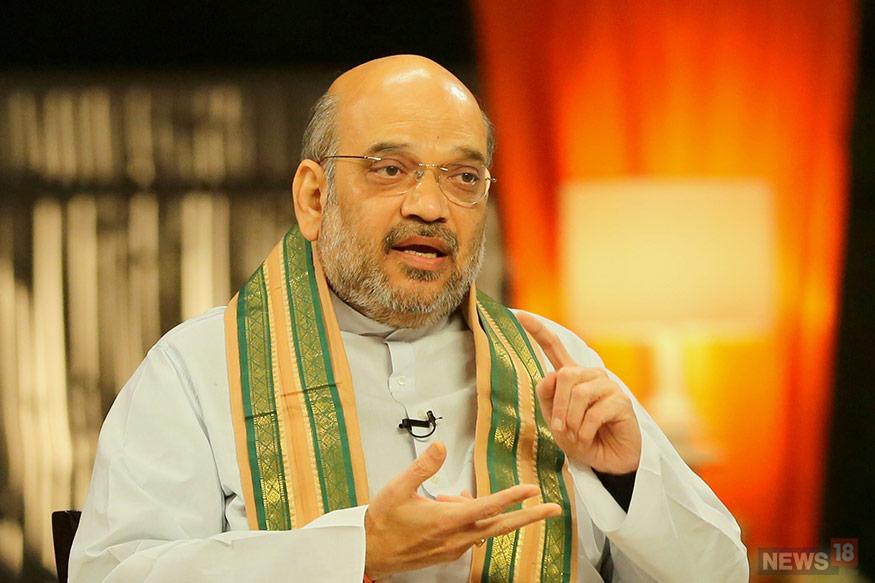Indian Elections – 2017
March 13, 2017 | Expert Insights
What does the Mandate Mean?
On Saturday, 11 March 17, the election results of India’s mini general election, for five states, were announced. The BJP scored resounding victories in UP and Uttarkhand, while the Congress made a decisive victory in Punjab. Goa and Manipur threw up hung assemblies, with the Congress faring slightly better than the BJP, in both states.
What Does the Decisive Mandate in UP & Uttarkhand Mean?
The BJP won 312 seats in the 403-member UP Assembly; with allies, the figure is 325. Never before has India’s most populous state, delivered such a resounding majority. The victory in Uttarkhand is equally remarkable, with the BJP winning 57 seats in the 70-member house.
PM Narendra Modi deserves full-credit for his indefatigable campaign and his impressive oration. His ability to connect with people remains undiminished and his stature as the nation’s most impressive national leader, stands further enhanced. In both states, the BJP had no CM candidate and the mandate is a reaffirmation of the confidence of the people, in the PM’s leadership.
Why is the UP Election So Significant?
In 1979, The Mandal Commission was established under the Janata Party Government of PM Moraji Desai. The following year, the Commission submitted its’ recommendations, estimating that 54% of the nation’s population (excluding Schedule Castes (16%) and Scheduled Tribes (8%)), were Other Backward Castes (OBC). 3743 castes and communities in the country were identified as backward. The Commission recommended that to overcome the dual challenges of social & educational backwardness and poverty, structural changes were required to enhance reservations in educational institutions and government jobs. In 1989, PM VP Singh attempted to implement the Mandal Commission recommendations, which was met with nation-wide and mass-scale protests, including several cases of student self-immolations.
Though Mandal Commission recommendations were only partially implemented, it divided the country on caste & community lines. This was most evident in UP, where political equations were restructured on community lines. The most obvious manifestation of the communal-divide, was the destruction of the Babri Masjid. On 06 Dec 1992, Hindu Nationalist groups, destroyed the disputed structure, triggering nation-wide riots and protests, several hundred deaths and marginalizing a minority section of the population. The Supreme Court of India is still hearing the case for the alleged conspiracy, to demolish the masjid, in which senior BJP leaders including Shri LK Advani, stand accused. The trial is set to resume on 22 Mar 17.
Assessment
The UP and Uttarkhand election was clinched because young people want a change from caste-based politics, nepotism and corruption. They aspire for progress & development and PM Narendra Modi, represents leadership for change. Despite the pains of demonetization and its’ failure to secure tangible gains, the people of both states have shown willingness to bear difficulties, in larger hope for progress.


